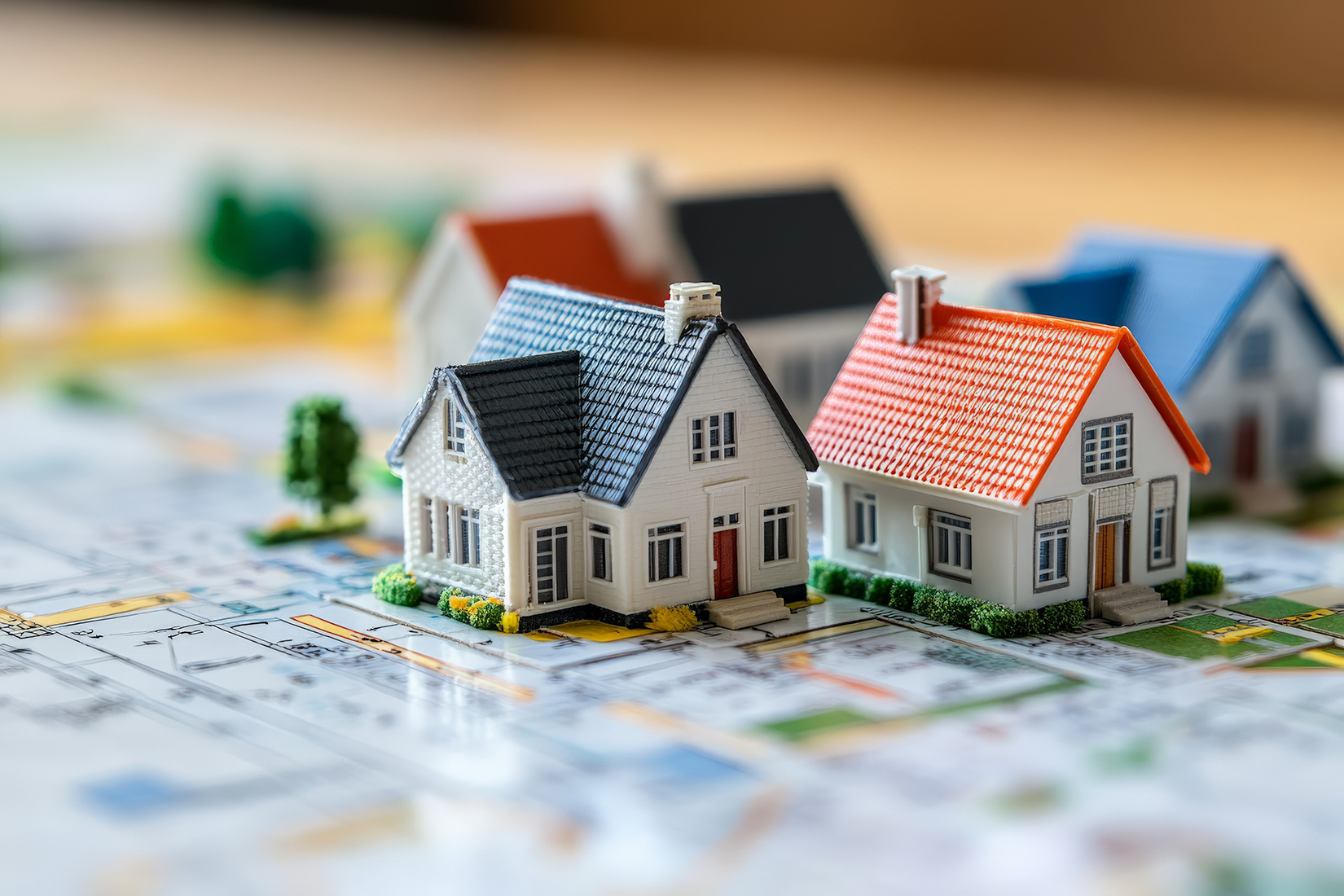Brought to you by Scott P. Rogers, Funkhouser Real Estate Group, 540-578-0102, scott@HarrisonburgHousingToday.com
Brought to you by Scott P. Rogers, Funkhouser Real Estate Group, 540-578-0102, scott@HarrisonburgHousingToday.com
Tuesday, August 5, 2025

When we are getting ready to sell your home we will be looking at the sales price of comparable homes to determine a reasonable list price for your home. Makes sense, right? But here's what can sometimes happen -- we can get distracted by highly similar (but overpriced) homes that haven't sold.
Let's say you're getting ready to list your home, and three similar homes nearby recently sold for $490K, $500K, and $510K. That's likely a reasonable indication that your home is worth somewhere around... no surprise... $500K.
But wait -- the house two doors down from you is listed for $535K. It's very similar to yours, so it's reasonable to pause or a moment, thinking that if they can ask $535K then maybe you should as well.
But... before we jump to that conclusion... we notice... the neighbor's house has been on the market for 60 days and has not had any offers.
So, what the game plan?
Do you price your home at $535K, just like the neighbor?
Do you price your home at $530K, slightly under the neighbor's list price, hoping to look like the better deal?
Do you price your home at $495K, $500K, or $505K, in line with what comparable homes have actually sold for recently?
The third option is most likely your best bet -- because it's based on what buyers have recently paid for similar homes.
That $535K price of the house down the street is likely enticing... but it hasn't resulted in a sale... which means it is likely not a realistic list price or an accurate reflection of market value. Active listings can be useful for understanding the competitive landscape for your home, but they are not as helpful as recent sales when determining your home's value.
When pricing your home, look to the data that shows what buyers are actually willing to pay -- not just what some sellers hope to get. Homes that are priced too high often sit unsold, and eventually end up selling for less than they could have if they'd started at a more realistic price.
Let's say you're getting ready to list your home, and three similar homes nearby recently sold for $490K, $500K, and $510K. That's likely a reasonable indication that your home is worth somewhere around... no surprise... $500K.
But wait -- the house two doors down from you is listed for $535K. It's very similar to yours, so it's reasonable to pause or a moment, thinking that if they can ask $535K then maybe you should as well.
But... before we jump to that conclusion... we notice... the neighbor's house has been on the market for 60 days and has not had any offers.
So, what the game plan?
Do you price your home at $535K, just like the neighbor?
Do you price your home at $530K, slightly under the neighbor's list price, hoping to look like the better deal?
Do you price your home at $495K, $500K, or $505K, in line with what comparable homes have actually sold for recently?
The third option is most likely your best bet -- because it's based on what buyers have recently paid for similar homes.
That $535K price of the house down the street is likely enticing... but it hasn't resulted in a sale... which means it is likely not a realistic list price or an accurate reflection of market value. Active listings can be useful for understanding the competitive landscape for your home, but they are not as helpful as recent sales when determining your home's value.
When pricing your home, look to the data that shows what buyers are actually willing to pay -- not just what some sellers hope to get. Homes that are priced too high often sit unsold, and eventually end up selling for less than they could have if they'd started at a more realistic price.
